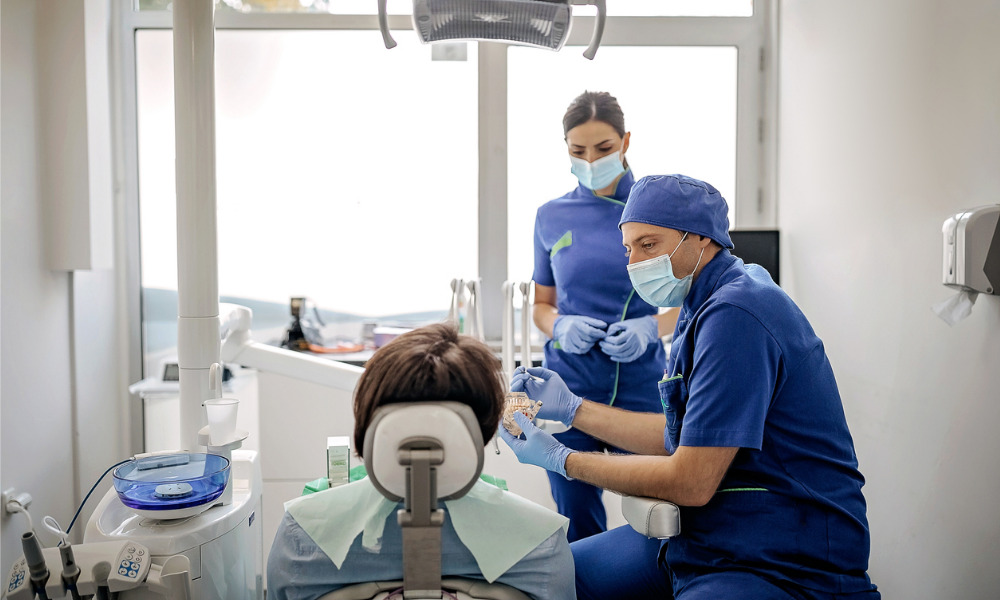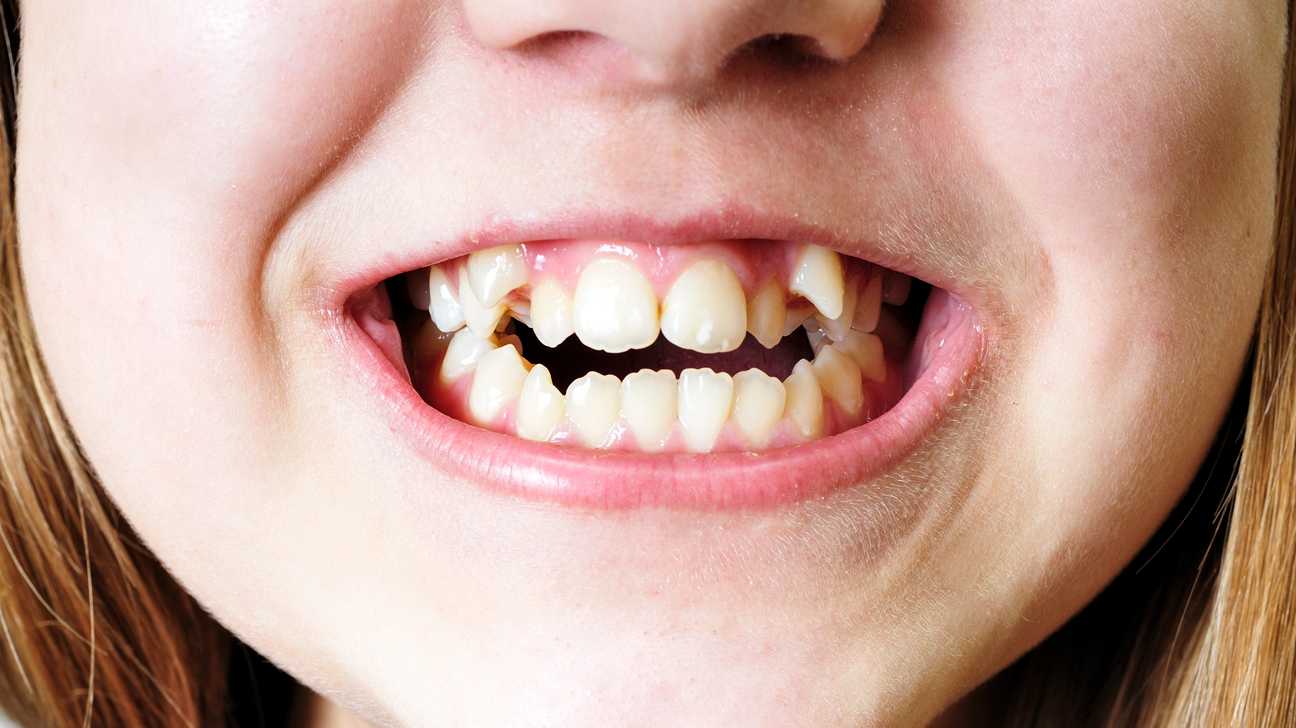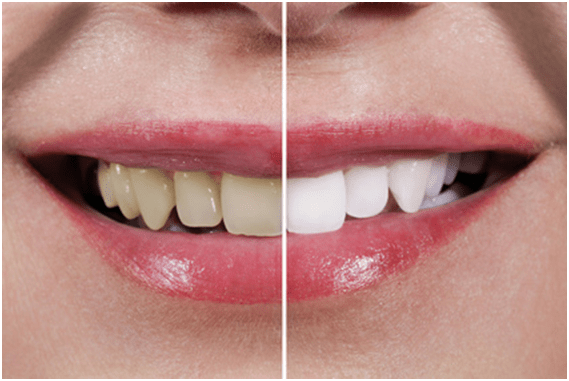Introduction
Dental crowns are a popular dental restoration used to restore damaged or decayed teeth. They are custom-made caps that fit over the existing tooth, restoring its shape, size, and strength while also improving its appearance. While dental crowns are durable and long-lasting, they can become discolored over time, causing many patients to wonder what causes a dental crown to turn black.
This blog will discuss the causes of dental crown discoloration, how to prevent it, and when to replace a discolored dental crown. If you are looking for a reliable dental crown lab, dental labs NYC are an excellent option for high-quality dental crowns. You can also search by “dental crown labs near me” to get high-quality health providers.
Causes of Dental Crown Discoloration
Poor Oral Hygiene: One of the most popular causes of dental crown discoloration is poor oral hygiene. If you do not brush & floss regularly, bacteria can build up around the crown, leading to discoloration over time.
Exposure to Pigmented Substances: Foods and beverages with high pigmentation can stain dental crowns over time. Coffee, tea, red wine, and dark fruits are some of the most common culprits.
Natural Wear and Tear: As with any dental restoration, dental crowns can naturally wear down over time, which can cause them to discolor.
Damaged Dental Crown: If your dental crown becomes chipped or cracked, it can expose the underlying metal or resin, leading to discoloration.
Material Degradation: Dental crowns are made from a variety of materials, including ceramic, porcelain, and metal. Over time, these materials can degrade, causing discoloration and even structural damage.
Use of Tobacco Products: Smoking or using tobacco products can cause dental crowns to become discolored. The chemicals in tobacco can stain the crown and cause it to turn yellow or brown over time.
Aging of Dental Crown: As dental crowns age, they can naturally become discolored due to exposure to various substances over time. This is more common with older crowns that were made from less advanced materials than those used today. Regular maintenance and replacement of aging dental crowns can help prevent discoloration and maintain the health of the underlying tooth.
Preventing Dental Crown Discoloration
Proper Oral Hygiene: Brushing and flossing regularly are essential to maintaining the health and appearance of your dental crown. It is also crucial to visit your dentist for regular checkups and cleanings.
Avoiding Certain Foods and Beverages: Limiting your intake of foods and beverages that are known to stain teeth, such as tea, coffee, and red wine, can help prevent dental crown discoloration.
Regular Dental Checkups: Your dentist can help identify any issues with your dental crown before they become significant problems. Regular checkups and cleanings can help ensure that your dental crown remains healthy and functional for years to come.
When to Replace Discolored Dental Crowns
Physical Discomfort: If your dental crown is causing pain & discomfort, it may be time to consider replacing it.
Compromised Structural Integrity: If your dental crown has become chipped, cracked, or damaged, it may need to be replaced to prevent further damage to the underlying tooth.
Aesthetically Unpleasing Appearance: If your dental crown has become severely discolored, it may be affecting your self-confidence. Replacing the crown may be the best option to restore the appearance of your smile.
Conclusion
Dental crowns are an excellent dental restoration that can help restore the function and appearance of damaged or decayed teeth. However, like any dental restoration, dental crowns can become discolored over time, affecting their appearance and functionality. By understanding the causes of dental crown discoloration and taking steps to prevent it, you can prolong the lifespan of your dental crown and keep your smile looking and feeling healthy.
If you need a dental crown, dental labs NYC and dental crown labs near me offer high-quality dental crowns made from the latest materials and technology. However, it is crucial to note that dental crowns can still become discolored over time even with the best materials and techniques. By following the tips in this blog and working closely with your dentist, you can help ensure that your dental crown remains healthy and functional for many years.
In conclusion, if you are experiencing discoloration or discomfort with your dental crown, it is important to seek professional advice from your dentist. They can determine if replacement is necessary and recommend the best course of action for your individual needs. By taking proper care of your dental crown and seeking prompt treatment when necessary, you can enjoy a healthy, beautiful smile for years to come.



